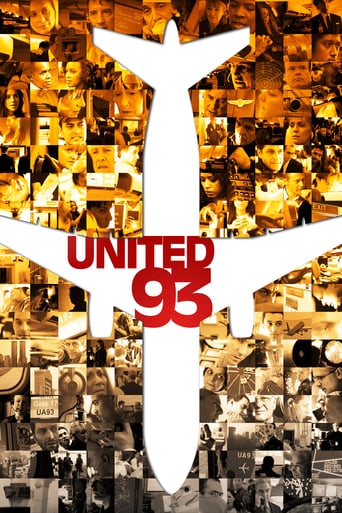


Bus 174
Documentary depicts what happened in Rio de Janeiro on June 12th 2000, when bus 174 was taken by an armed young man, threatening to shoot all the passengers. Transmitted live on all Brazilian TV networks, this shocking and tragic-ending event became one of violence's most shocking portraits, and one of the scariest examples of police incompetence and abuse in recent years.
-
- Cast:


Similar titles
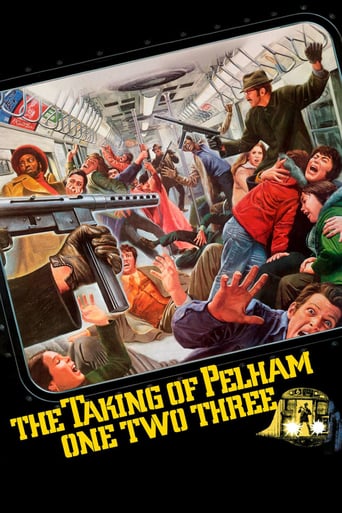



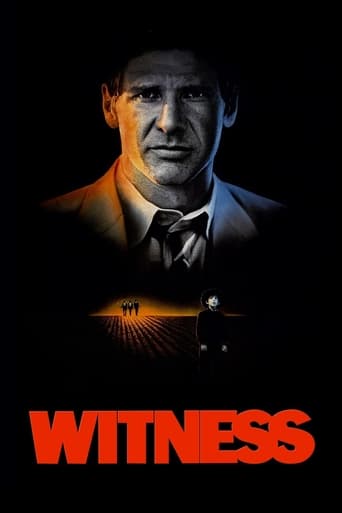
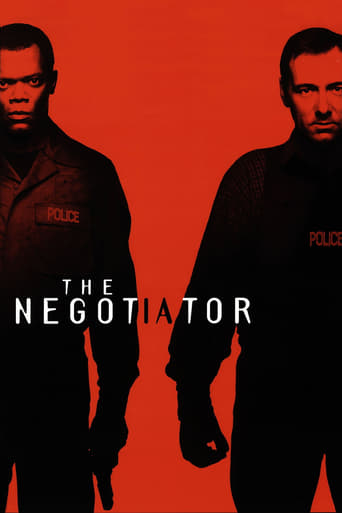
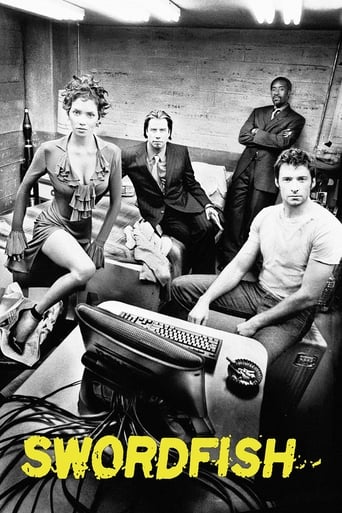
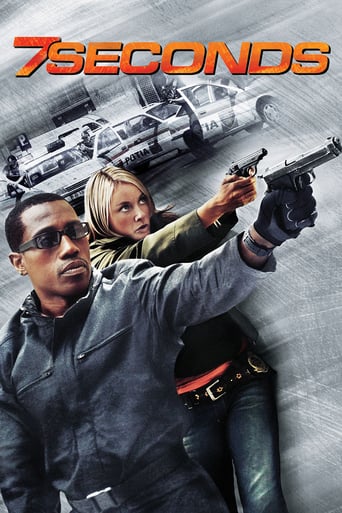
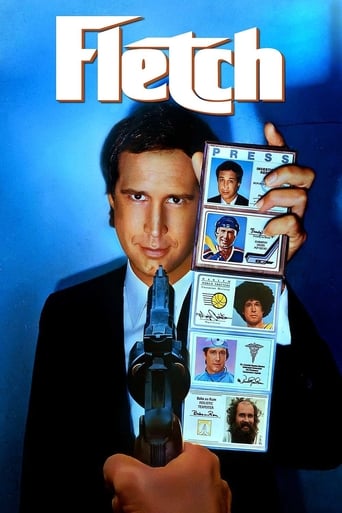
Reviews
I like the storyline of this show,it attract me so much
An Exercise In Nonsense
The film never slows down or bores, plunging from one harrowing sequence to the next.
Great story, amazing characters, superb action, enthralling cinematography. Yes, this is something I am glad I spent money on.
I will not add to the numerous positives reviews of the film. Really, I do not understand the negative critiques who expected something like "an action movie" of the kidnap of the bus. I was fortunate to see the film on TV and lost the first 5 minutes or so. I think the movie would have been better without this first 5 minutes which tells you important facts in Sandro (the kidnapper) life which are essential to the drama that unfold after that. And the same details are developed during the film. I prefer this "developing approach" that by luck I had the opportunity to see, just for missing the first minutes. Anyway, to add what have already said in other commentaries, I would stress another think. How Sandro did not want to kill anybody. He is a complex character, trying to be tough with his negotiators but reluctant to pull the trigger, you can understand it on all his vacilations. As far as I remember (I was living in Brazil at those time, the kidnapping was an unintended consequence of a failed robbery to the passenger in the bus. Is like Sandro got in an spiral of situation that he couldn't manage. And all of his ferocious negotiation had an only objective. He did not want to come back to jail, a nightmare in Brazil and in most Latin American country (more than the nigthmare that is in EVERY country). I suggest to anyone who want to make the experiment, to see the film skipping the first 6 or so minutes... you will have a complete different experience of the film (sharing feelings of the crowd surrounding the bus, and then softening your position if you are compassionate enough).
Bus 174 tells the true story of the day in 2000 that the attempted robbery of a bus in Rio led to a tragic hostage crisis. Drawing heavily on newsreel footage and interviews with those involved, this film gives a comprehensive, gripping view of a situation that is all too common in certain parts of the world.The film begins as negotiators arrive at the scene, and continues until the final, tragic conclusion. Interviews with police, hostages, and reporters fill in every detail of the affair. We share the fear of the hostages, trapped with an armed, desperate, and highly erratic suspect who feels he has nothing to lose. We feel their frustration as police miss opportunities to resolve the crisis. And we see the public spectacle the crisis becomes as the scene is surrounded by throngs of curious civilians and the airwaves of Brazil become host to the hijacker's tirades.Coverage of the hostage crisis is inter-cut with background information on the hostage taker, Sandro. We learn how witnessing the brutal murder of his mother as a child led to a life on the streets. He fell in with youth gangs, became addicted to cocaine and inhalants, and turned to violent crime to support his addiction. He served time in jails where inmates were routinely beaten. And while still a child, he survived the Candelaria massacre, in which seven children were gunned down- most likely by off duty cops. None of this excuses the actions he took that day, but it's too easy to understand how he ended up like he did.And even sadder is that there are thousands more like him in the cities of Brazil. I know that we haven't eliminated homelessness here in America, but gangs of vagrant children are not a common sight here. Is there no place for orphan and runaways to go in Brazil, no-one to take care of them? And in the prisons, why are there no classes to teach them how to read and write and to give them job skills? And then there are the beatings, overcrowding, and unsanitary conditions. Where I come from this would elicit outrage.And the police don't get a free pass here either. The members of the SWAT team showed courage in the face of an armed suspect, but none had the courage to countermand bad orders from distant civilian authorities. The crisis was prolonged, and a young woman died, largely because they had been ordered to take the suspect alive. And after they had him in custody, they suffocated him to death in the back of their van. Why? This story is heartbreaking, all the more so for being true. But it is an excellent film, keeping the viewers attention and careful to cover the story from all angles. It delves not only covers the crisis, but delves into the nature of crime, and major issues that face all societies to some degree. Highly recommended.
This documentary stood out for me from others of its ilk, because it focuses not just on what happened on a bus one summer day in Brazil, but also reaches into the socioeconomic situation at the time and gives us a real glimpse of why a young man would be driven to take people hostage, and how he felt he had no other options outside of a life of crime.Watching "Bus 174" is like observing a criminal event through a prism. There are countless sides to every element of it. The beauty of Rio de Janeiro is juxtaposed on screen with the horrors as we're taken through the escalation of a hostage situation, all graphically captured by Brazilian TV camera crews. We can see how wide the gulf is between the rich and the poor, even though the lives of each are lived only miles apart in the same city. We are told how inadequately the police force has been trained and equipped to deal with the crime in the city, let alone such a volatile situation. And we're shown how a single bus stopped on a busy thru-way brings an entire city to a screeching halt. With the rich context given to us by the filmmakers, we find ourselves sympathizing with the gunman (Sandro do Nascimento) *and* his hostages. And while we now know how badly it will end, we can't help but hope that somehow Sadro's surrender will be accepted, that he and all of the hostages will make it out unscathed, that history can be rewritten. Tragically, it cannot, and we are shown the moments when lives are lost. We're also left to contemplate how many ways this could have ended differently, and how little it may have taken to do so.Interviews with everyone, from survivors to police personnel to reporters on the scene, as well as people who knew Sandro during his horrific childhood, are very effective in making us feel as though we too were there during that harrowing 4-hour long encounter. Learning about the gunman's tragic history - what he had to survive to reach even the young age he had when this incident ended his life - and how, in the aftermath, police scrambled to re-frame the incident in their favour, add to the viewer's internal conflict. We're not accustomed to experiencing such empathy for both hostage-taker and victim. That is a major strength of this film: we're allowed to see it from all sides, which makes it that much more heartbreaking in the end.This is not for the faint of heart. We're not spared much. But "Bus 174" is a documentary after which others should strive to model themselves. It is truly a must-see, as it comes as close as anything possibly can to answering what we always ask after a tragedy: "Why?"
On June 12th, 2000, the bus 174 is hijacked on the afternoon by a thief former street boy. The event is broadcast by TV, and ends in a tragic way due to the the stupid action of the police force, not prepared for such situation. Yesterday I saw this DVD, relative to a day that I wish I could erase from my mind, certainly one of the saddest day in the wonderful city of Rio de Janeiro. The documentary shows what happened, but I did not like its edition. The director José Padilha was concerned in showing the profile of Sandro in the middle of the hijack, breaking the tension and not transmitting to the overseas viewers the reality of that specific of the moment.Sandro threatened the passengers, most of them young women, with his gun, but in that moment nobody knew who he was. We only kept seeing that man on TV, with persons that could be our relatives or friends, putting the gun on their heads and simulating that one girl was shot. I remember I cried, and if I had the power of killing a human being, I would certainly hit that human-shaped animal. Therefore, the unprepared SWAT (BOPE) policeman who shot the victim probably was so upset with the situation as most of the Brazilian population, and I believe most of the viewers mentally pulled the trigger of his gun with him. The problem is, he used a "huge" gun instead of a pistol for such assault , and he was disturbed, so he killed the victim, instead of the criminal.Later, we became aware that Sandro was a victim of our society as brilliantly showed in the documentary, but unfortunately it does not give any sympathy for him or for what he did.With regard to the jails in Rio de Janeiro, this is the reflex of a country that pays less than US$ 100,00 (one hundred dollars) per month to a worker, and has a huge reserve army looking for a job. Can you imagine how is the "house" in the slum of such a hard worker? So the jail shall really look like a hell, otherwise most of our population would try to move to there to have a better housing.In the Extras of the DVD, there is an interview with a hypocrite sociologist, who uses beautiful words and sayings, but who does not walk the way he talks. This guy omitted that he was a big-shot ("Chief of Police" or something equivalent) in the State Police Force of "the governor who was disputing the election to president", and he did not improve anything in the police force. The social problems happen not only in Brazil, but in most of the Third World countries, and a great part is caused by the exploitation of the rich countries since our "discovery", draining our savings, which should be used for improving the life of our citizens, in external debts easily contracted by corrupt governors and impossible to be paid. With regard to the theme "invisibility and changes in the society", this sociologist moved with his family to the United States, so he resolved his life in the easiest way. Unfortunately, my family, my friends and I have to live with the mentioned problem, and the way we have to try to improve life in Brazil is trying to elect better politicians. But unfortunately, power corrupts, and even when we hopefully elect a former worker expecting better changes, the president does not respect his campaign promises and uses only demagogy and propaganda, as a good reader of Machiavelli's "The Prince". I do not like writing long reviews, so sorry for releasing these things off my chest, but our situation is much more complicated and complex than exposed in the imbecile worldwide interview of this sociologist. My vote is eight.Title (Brazil): "Onibus 174" ("Bus 174")

